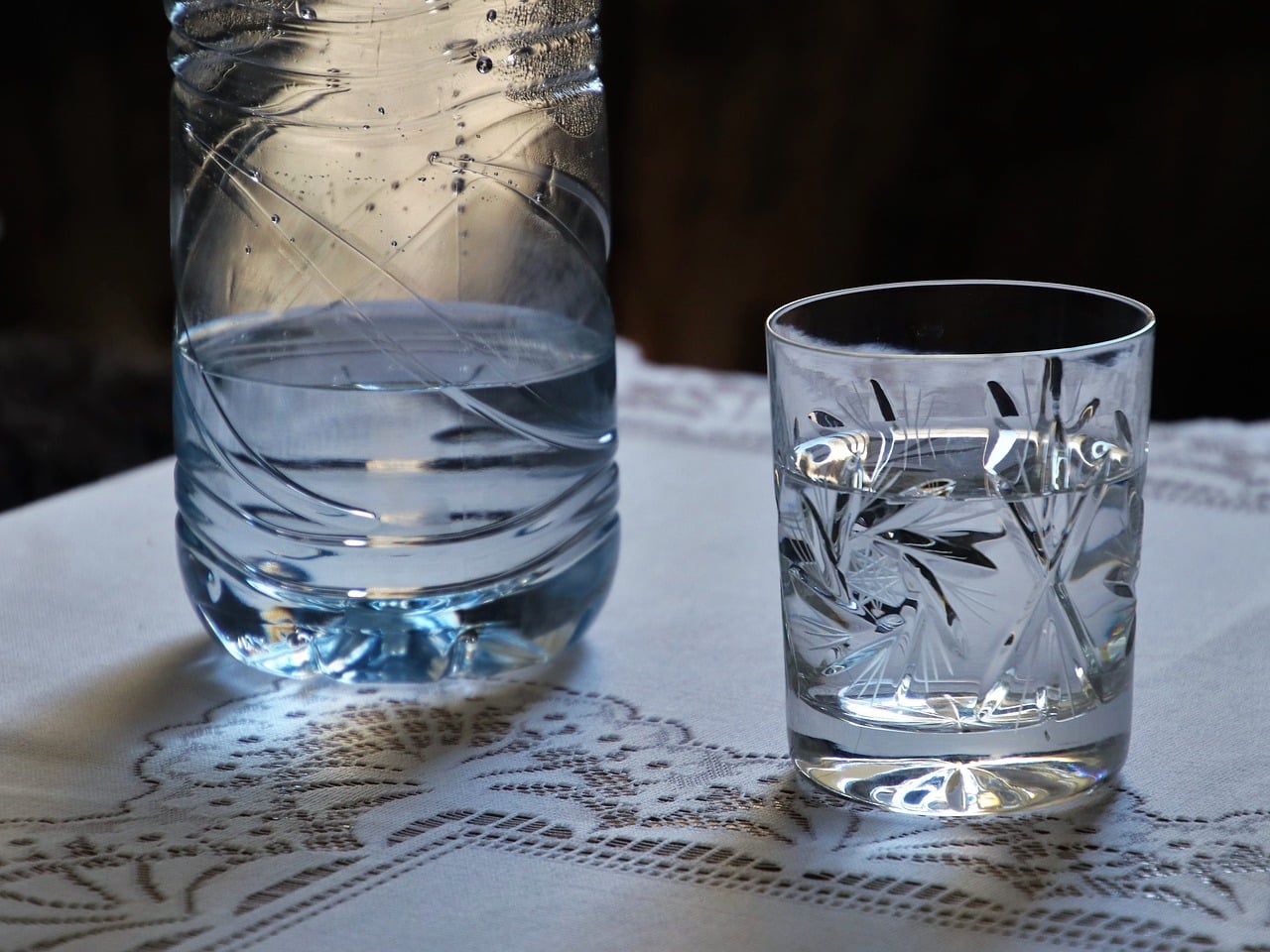Water retention is something that most people experience on a regular basis. It occurs when there is a build-up of fluid inside of the body. A more medical term to describe it as a symptom in medical patients is also oedema.
It occurs in the tissues or cavities of the body but can mainly occur in the circulatory system.
While men are also susceptible to water retention, it is women that experience it the most. Symptoms include swelling in the feet, hands, ankles, legs and stomach.
Even though some cases of water retention can be serious, many patients experience it regularly and take medication to treat it. Some, however, do experience more risk with it, as it can also be a symptom of an illness that is worse than the condition by itself. For instance, water retention as a symptom can be due to heart failure or kidney disease, which must be treated immediately. When water retention occurs, it is thus important to seek medical attention immediately.
How to reduce water retention as a condition
- Consume less salt
Since sodium binds water inside of the body, it helps maintain a balance of fluids in cells, yet too much can lead to water retention. The best way to cut sodium from your diet is by cutting processed foods.
- Increase vitamin B6 intake
If you’re up to date with your health diet-wise, we bet you do not lack this vitamin, but if not, then you should consume more of it to avoid water retention. Adding bananas, walnuts, meat and potatoes to your diet, especially if you’re a woman, will reduce water retention.
- Take dandelion
Dandelion is a herb which also serves as a safe, natural diuretic, which will reduce water retention immediately. It can be taken as an extract or tea.
- Cut refined carbohydrates
Since processed carbs can spike your insulin level and cause your body to retain sodium and increase the fluid volume inside the body, it is recommended to lower the intake of processed sugars and grains altogether.
Get water coolers and water cooler accessories from Living-Water in London.






